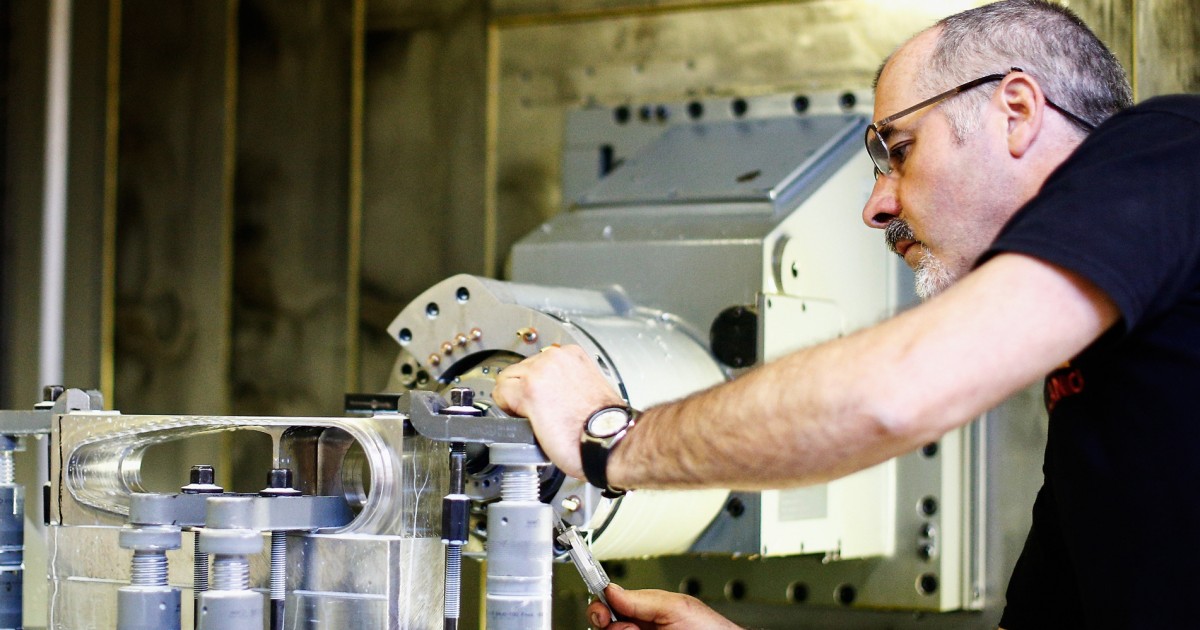
Passive
In space and astronautical engineering, passive refers to a type of thermal control system that does not require any active components such as pumps or fans. Passive thermal control systems rely on the use of materials and structures that can absorb, reflect, or radiate heat to maintain a stable temperature for spacecraft and their components. These systems are often used in situations where active thermal control systems are not feasible or practical, such as in small satellites or long-duration missions. Passive thermal control systems can include materials such as insulation, coatings, and radiators, as well as structural designs that maximize heat dissipation. The effectiveness of passive thermal control systems depends on a variety of factors, including the materials used, the design of the spacecraft, and the specific mission requirements.
Your Previous Searches
Random Picks
- Landing Platform: A landing platform is a structure or surface that is designed to support the landing of spacecraft or aircraft. In the context of space and astronautical engineering, a landing platform can refer to a variety of structures, including launch ... Read More >>
- Photodiode: A photodiode is a type of semiconductor device that converts light into an electrical current. It operates by absorbing photons of light and releasing electrons, which are then collected by an external circuit. Photodiodes are commonly used ... Read More >>
- Fail-Safe Mechanism: A fail-safe mechanism is a system or component designed to automatically take over or shut down a process or operation in the event of a failure or malfunction. In the context of space and astronautical engineering, fail-safe mechanisms are ... Read More >>
Top News

Scientists release plans for an even bigger atom smasher to address the mysterie...
GENEVA — Top minds at the world’s largest atom smasher have released a blueprint for a much bigger successor that could vastly improve research into the remaining enigmas of physics....
News Source: NBC News on 2025-04-01

Scientists release plans for even bigger atom smasher along the French-Swiss bor...
Scientists at the world’s largest atom smasher have released a blueprint for a much bigger successor that could help solve enigmas of physics, starting in the mid-2040s at a cost of about $16 billio...
News Source: ABC News on 2025-04-01

The 'Blaze Star' hasn't exploded yet, but it could soon...
T Coronae Borealis has an outburst every 79 to 80 years, according to NASA....
News Source: ABC News on 2025-03-28
I visited the sprawling 'metroburb' where 'Severance' is filmed. It's a 2 millio...
Bell Works, the real office complex that doubles as Lumon on "Severance," is redefining what an office can be....
News Source: Business Insider on 2025-03-28

We've spotted auroras on Neptune for the first time...
After 34 years of searching, astronomers have finally confirmed Neptune has auroras, thanks to data from the James Webb Space Telescope...
News Source: New Scientist on 2025-03-27